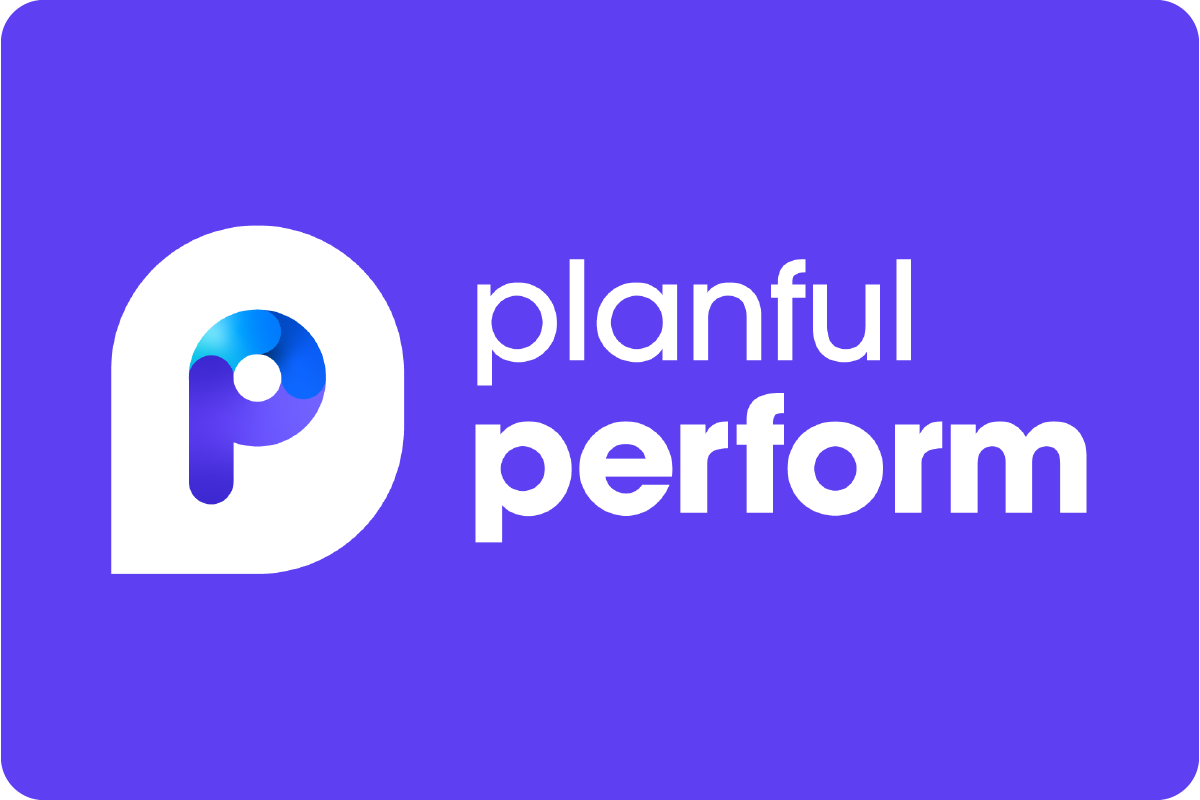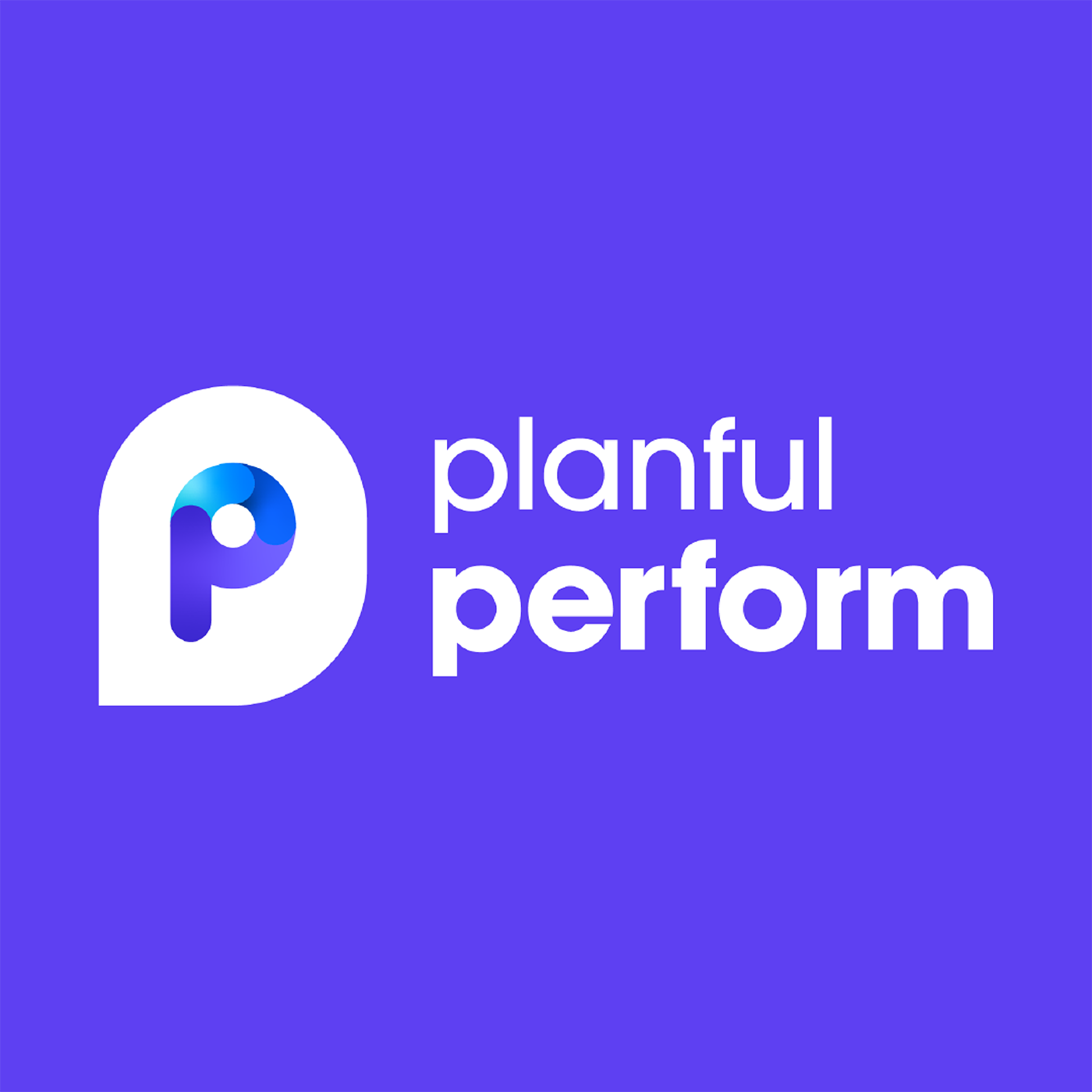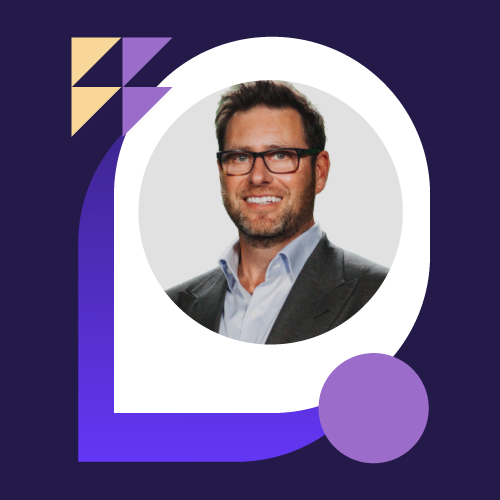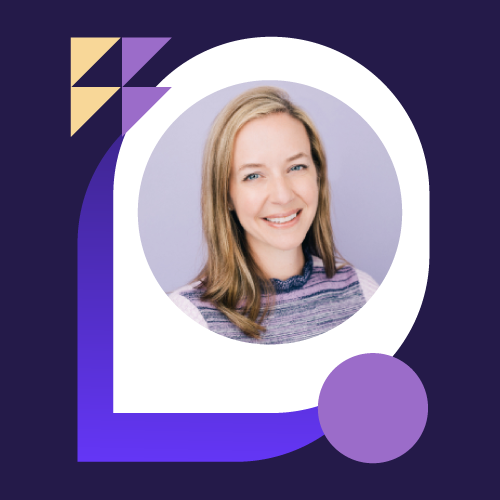Trintech: Bringing a Data Culture to Finance Transformation with Josh Ezagui
- 0.5
- 1
- 1.25
- 1.5
- 1.75
- 2
Josh Ezagui: My name is Josh Ezagui, I'm the VP of Finance at Trintech. I've been in the accounting and finance world for 25 years now, and what I really enjoy about finance are two things. One is that I get to be involved and become an integral part of the strategic decision making for our company or a company and the companies that I've worked for and I've always enjoyed that throughout my career. The second thing that I really have enjoyed is technology, getting to use and learn about new technologies and really trying to work to make them do some amazing things for the data that we use in the companies and making life easier for my finance teams. As I said, I'm currently the VP of Finance at Trintech and earlier today you were introduced to ADRA and what the partnership that we bring along, but from my perspective, Trintech we're a cloud- based SaaS company that sits on top of your ERP, we bring productivity and automation to the closed process and really help with the accuracy and the timeliness as well as the total system of controls for the office of the CFO. And that's why the partnership with Planful is really great and gives us an opportunity to really bring an end- to-end solution to the office of the CFO. So, what are we going to talk about today? Today, we're going to talk about finance transformation, what it is, and really talk about the data that drives the finance transformation. We're going to spend some time talking about where are we at now, and you can compare where your finance team is, to where we're seeing studies come in actually just a few weeks ago and compare yourself where you're at in that journey. And I also want to spend quite a bit of time on how can you help your team get there today? Again, a lot of us if you're online, you're probably flipping back and forth between this session or other sessions but you're probably checking your emails wondering where you're at in the close process, where we're at with the board of directors presentation or planning for that in the next coming months. So, I want to give you some practical things that you can do today and over the next year to help your team move forward in this transformation. So, let's start out with what is finance transformation, what does it mean? This slide by FP& A Trends really gives a good picture of what I'm talking about, and essentially what finance transformation is, is taking all these disparate data points and systems that we deal with on a day- to- day basis and moving toward a one source of truth and really utilizing systems to help drive predictive and analytical ownership of the business. But what intrigues me about this slide and other studies that I've been involved with is that, the foundation is data, you'll see that and actually in this case, there's two levels of data. The data base build and then the master data. And what we want to talk about is how do we go about forming this foundation and in the master data, the way I view master data is that's the other systems that are existing and getting those aligned in a structured way that allow you to have the same answer, no matter what you're pulling and how you're pulling it. And again, we'll spend some time talking about what those systems are and what we can do to get that. Where are we now? So, back in 2018, Deloitte did a crunch time series and talked about in seven years in 2025, what is the world of finance going to look like? And what are the leading finance leaders doing and how are they utilizing things like technology? After COVID, they reset and went back and relooked at it because they realized we're halfway through this journey, with COVID it's totally changed landscape where are we at in comparison. And again, they talked about eight things. I just want to talk quickly about three of those things and how they relate to what we're doing and the data that we're talking about. So, the first thing is the role of finance. Again, back in 2018, they talked about the fact that information was being fed just in time for business leaders and that they saw that we needed to be more on a continual basis, and what happened was we saw in 2021 especially that there was a huge need for multiple scenarios, what if scenarios, because we were on a constant basis just trying to figure out what's next, what happens if this COVID thing continues or what happened if it rebounds? And helping decision makers make those decisions that would affect what was going on. And again, I believe here that finance is uniquely positioned in the enterprise to drive finance and data transformation, and the reason being is our job today is to take again information that's just across the board non- financial data and help create a story, that's ultimately what we're doing is creating the story and we're trying to take information that doesn't necessarily line up and create this. The good thing is that technology is there with the ability to help us achieve that, again, we'll spend some time talking about that as well. So, the fourth point that they had was talking about self- service again, what we have to be able to do throughout finance is build bandwidth so that we can do the important things to strategic thinking, again data cleansing and ensuring working on getting data cleaned up. So, in order to do that, they're talking about this need for self- service and where business leaders don't have to come to finance for ad hoc reporting and spend that time and energy and effort there, but be able to go out and pull data they need and actually what they foresee is that, that data actually gets fed to them in a more useful manner, not where they're having to go through all this information, but rather it's presented in such a way that they can use it. Again a good example of this is, my business leaders could care less about the ASC 606 and whether or not we're capitalizing commissions or how we do revenue in our commission or things like that, they need to be able to pull the information in such a way that they can utilize it and make those decisions that are going to help benefit the organization. And finally, their point number seven is all about data. Again and I found this funny back in 2018, they said that money will struggle with aligning and integrating data. Well, guess what? 2021, we're still struggling with aligning and integrating data, and again like I said earlier, finances are in a unique within the company to truly drive this foundation of finance transformation and really business intelligence transformation and we need an enterprise wide data strategy to achieve that. So, how do I get my team there? Again, we talk about all right Josh, we want to get to a bigger environment, we want to have all these neat tools that will help us visualize if data is the foundation of that, my team's got a dig up, and anybody that's been involved in any type of system implementation or any type of other data cleansing know that it takes you a tremendous amount of time and effort to get there. So, the question is, how do I build more bandwidth so that my team and myself can work and build this data transformation? What I want to talk about again, Gardner put this out. This year about the top 10 things that the CFOs must do in this year, and we're going to talk about employee productivity and technology investment. I believe those two can go hand- in- hand in creating an environment where your team can build out more time and be able to help move the team forward in the finance transformation. So, what I want to talk about is what I call my 15 minute rule, and if you were to talk to any of my teams throughout my career they would tell you that I have this rule. We're all familiar with GEICO, 15 minutes could save you 15% or more on car insurance. What I would do, as I would say that small improvements, 15 minutes could save you hours of time savings and improve your data. What do I mean by that? So, I am constantly challenging my teams to go out and figure out how can we improve this process, this report, whatever it is they're doing that's taking up time just by 15 minutes, because what happens is if you find 15- minutes here and you save that 15 minutes, then you do it again, you do it four times in a week, you just saved an hour and you can build that momentum and build those times savings into doing that. So, what I'm going to talk about is what are some areas that I've used in my career to help get these small improvements? Now, as we jump into this, I'm making three assumptions about my audience today. First one is that you guys are doing reporting on a pretty standard basis. The second thing is that you're using Excel. Again, we constantly hear we got to get out of Excel but the reality is that as I talk to finance leaders across multiple organizations and industries, we're all still using Excel it's a very powerful tool. And the third thing is that you currently are using Planful or you're in the process of implementing Planful. Now, if the first two don't apply to you, if you're not doing reporting and you don't use Excel, you still might find this area intriguing and be interested in some of the ideas. If you don't use Planful today and you're not a client of Planful, go ahead and put your contact information in the chat box and I'm pretty sure that a Planful sales representative will contact you sometime today to talk about how they can fix that. So, let's get into it, let's get into what are some of the things that I've seen that have helped my teams move forward and again, make these small achievements. So, the first thing is in the first 30 to 60 days, so what can you do in the next two months, this quarter to make things better? Let's start with Excel. So, again if we're operating Excel, what I've seen throughout my career is that we as finance people don't really know how to use Excel very well, it's very manual, people complain about formulas and stuff like that. What I've done throughout my career and again challenging my team is to use more sophisticated formulas, such as index match, sum ifs and X lookup, very powerful, simple things to use. If you were to talk to my finance teams they would tell you a rule that I have is we are not allowed to have a direct link, so if you come in and you look at any Excel spreadsheet that my team is set up, you should find very few instances where we have= sheet 3B4. We're just not going to do that because we know that data's going to constantly change our structure changes the way we're going to use that data. So, we've built out our tools to allow us to do that. Plus, Excel is a great way to begin the process of cleaning up data, getting data aligned so that you can feed it into one source of truth. Software, so what's a software that we've used? Again, when I've been on teams and I've had multiple people doing multiple reports, one of the biggest time drains that we have is people trying to combine those reports into one useful reporting tool, and normally it falls on one person they're waiting until the last minute because everybody's pushing the deadline and then all of a sudden we're waiting to get this data book or this report out. Adobe Acrobat Pro DC is a great tool that allows you to take different reports, turn it into a PDF and then you can sort and combine the files relatively easy and disseminate it out if you need to. Well, what about Planful? So, in Planful, some powerful things that we use and that you can use is bursting. So, you can go in and set up a set of reports and have those reports burst at out, even for people that are not in the Planful tool, even if they're not a user on Planful, they can still access those reports and utilize them and it does it based on the security that you've put in, it's a great tool. Another option is to use attributes. So again, within Planful, you have the ability to sign alternative hierarchies using attributes and again that's a very good time saving because what I've run into is we want to take a set of data and we want to look at it differently. Well, we need to arrange it for this leadership or this role or whatever and so, attributes allow you to do that in a systematic approach where you can then pull the data quickly and much more easily and you don't have to put it into Excel to manipulate it. And then finally, we'll talk about the master data framework. So again, this whole thing is about how do I transform our master data? You do that by thinking about the end, what is your end goal? How are you going to do reporting? How do you want to do reporting? And you should really spend a lot of time and effort focused on thinking about dreaming big, how can I best do this and how do we get there? Because, what that will do is it'll help you map out your data in a way that helps you achieve that. What about six months out? Well, again, in Excel some tools that we've used and have really been helpful or wild cards, because again, a lot of times the data comes in and it's not exactly clean or you have certain pieces of information. You use wild cards that allows you to do things that can make the data much faster in pulling that data. Another thing is Visual Basic for applications. So, this book here is one that I've used and yes, they do make a VBA for dummy's book. But this was a starting point for me when I first got out into Visual Basic and why does VBA help? Well again, it's helping to automate stuff. Perfect example is even this week I was working on a model that I had, I was looking at 20 quarters worth of data and I had about three or four different touch points I could adjust, but I needed to always be able to tie back out to a certain number because... and what I would find is I would make an adjustment and then I would spend about five minutes adjusting the rest of the data points to get to the answer that I was expecting. I did this about three times and realized I was wasting time because it took me 15 minutes just to do some simple things. I just jumped off, did a quick VBA where I could push a button and it would do the same thing for me in about 15 seconds. I'm so glad I did it, because I needed to do about 30 adjustments and instead of taking an hour and a half, two hours, it only took me about 15 minutes to get the model that I needed. So again, a very powerful tool. Software, ADRA. ADRA by Trintech, again I know Grant and Darren talked about it, but if you want to talk about cutting hours or even days off of your closed cycle and therefore give your finance team more time to do the analytical stuff and to build that bandwidth that we talked about, I would strongly recommend looking at software like ADRA to help you do that, automate the closed process and get better at it. Again, Planful. Two things you can work on here is integrated spotlight reporting. I know there're sessions on how to do that in different areas, but how do you use spotlight? And we've used it by integrating in our PowerPoints and some other things that have really just sped up the reporting process. Also user adoption, pushing it outside of your finance teams. So again, back to that self- service where a business leader could come in, pull information themselves and be able to do that without taking up time of the finance team. And then finally of the master data framework. Again, this is where you really want to start looking at your source data, your source systems and getting alignment in those areas so that you can begin and continue the transformation process, but you've got to get your master data and those systems aligned with the way you want to report your data. And again, I tend to default to the chart of accounts and help that drive the decision process and how we set those things up. All right and finally, what does the future look like? In a year from now, what are we going to be doing and how do we get that?? Again, in Excel continue working on VBA, continue improvements just overall. Another book that I found useful is something like this. It's an Excel Bible, it's a lovely read, it is not a quick read, but it just tells you how powerful Excel can be and how you can achieve it. Also continue to work on VBA. I've got examples, several examples where we've taken processes that are taking 90 to 120 man hours a month and through VBA, we've gotten that process down to two hours, that's time savings and what it is doing is it's cleaning up data to be able to be used in a useful thing. Software that you're going to be looking at in this timeframe is like Microsoft Azure, that's your data lake, Power BI or Tableau, that's your visualization. The master data framework is going to be utilized to do those things that take your financial transformation to the next level, again and Planful. Planful predict is a new tool that's come out again a great way to use the data and to be able to save time by allowing the system to predict what your forecast and budgets look like. Models, doing models in Planful in the spotlight models and building those out so that you can use the data that feeds in there and create your forecasts and other things from a modeling perspective that have really saved time and effort on my team side. My closing summary. Data is the foundation of transformation garbage in, garbage out. If you don't get your data cleaned up and put incorrectly, you can have the best and spend the most money on the data visualization tools and it's going to be wrong. And in order to do that, ensure that you have a clear vision of reporting. Again, take time to map out how are we going to use this reporting and don't get spanged down in what you're doing today if it's not working, think big, think clearly, how do I get the data I want? How does my business get the data I want in such a way so that you can work backwards into the data? And again, start small and build a momentum. I can't tell you how much and how exciting it's been for my teams to save time and effort and energy where we're not working till two o'clock in the morning on Saturday because it's a quarter end, and able to free up time and really let the finance team get in and involved in data clean up and analyzing and doing the things that finance people really want to do. So, again, thank you for your time. I know it went quick, please if you have any questions connect with me, but with that, I'll turn it back over to Cameron.
DESCRIPTION
Data matters more than ever, especially for Finance and definitely if you want to transform Finance into a beacon of strategic guidance for the business. Planful partner Trintech explores how a focus on master data enables Finance automation to eliminate stress-filled tactical work, increases businesswide adoption of the Planful platform, and provides a foundation for building a data culture. You’ll also learn how to evaluate the maturity of your finance processes and start planning your finance data transformation.
Today's Guests








